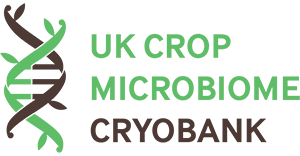
Securing the Crop Microbiome
for Agri-bioscience Research
Team Members

Dr Matthew Ryan is Senior Research Lead of Biological Resources at CABI. He is Project Manager for the UK Crop Microbiome Cryobank. With a background in microbiology, he undertakes research for both commercial and donor organisations in areas such as pure and applied mycology, cryobiology, soil health, the microbiome and natural product discovery. In addition to the Cryobank he leads work packages for the EU Microbiome Biobanking (RI) Enabler and EU Microbes4Climate projects. He is currently a board member of the International Alliance for Phytobiomes Research and sits on expert groups/advisory committees for various organisations including BBSRC, USCCN & the Oxford Bioscience DTP.

Dr Tim Mauchline is Deputy Project Manager for the Cryobank and is based at Rothamsted Research. He is a molecular microbiologist, using traditional microbiology, molecular biology and next generation sequencing in his research. His research is focused on microbial interactions in the plant root environment. He is interested in the ecology of microbial communities in cropping systems. The aim is to understand the function and potential of plant-associated microbes for nutrient cycling, plant stress tolerance and disease suppression. Recently, his research has focused on factors that shape the wheat root microbiome and, in turn, the role of the microbiome; it has also involved exemplar community members, such as fluorescent Pseudomonads, for the protection of plants against take-all disease of wheat.
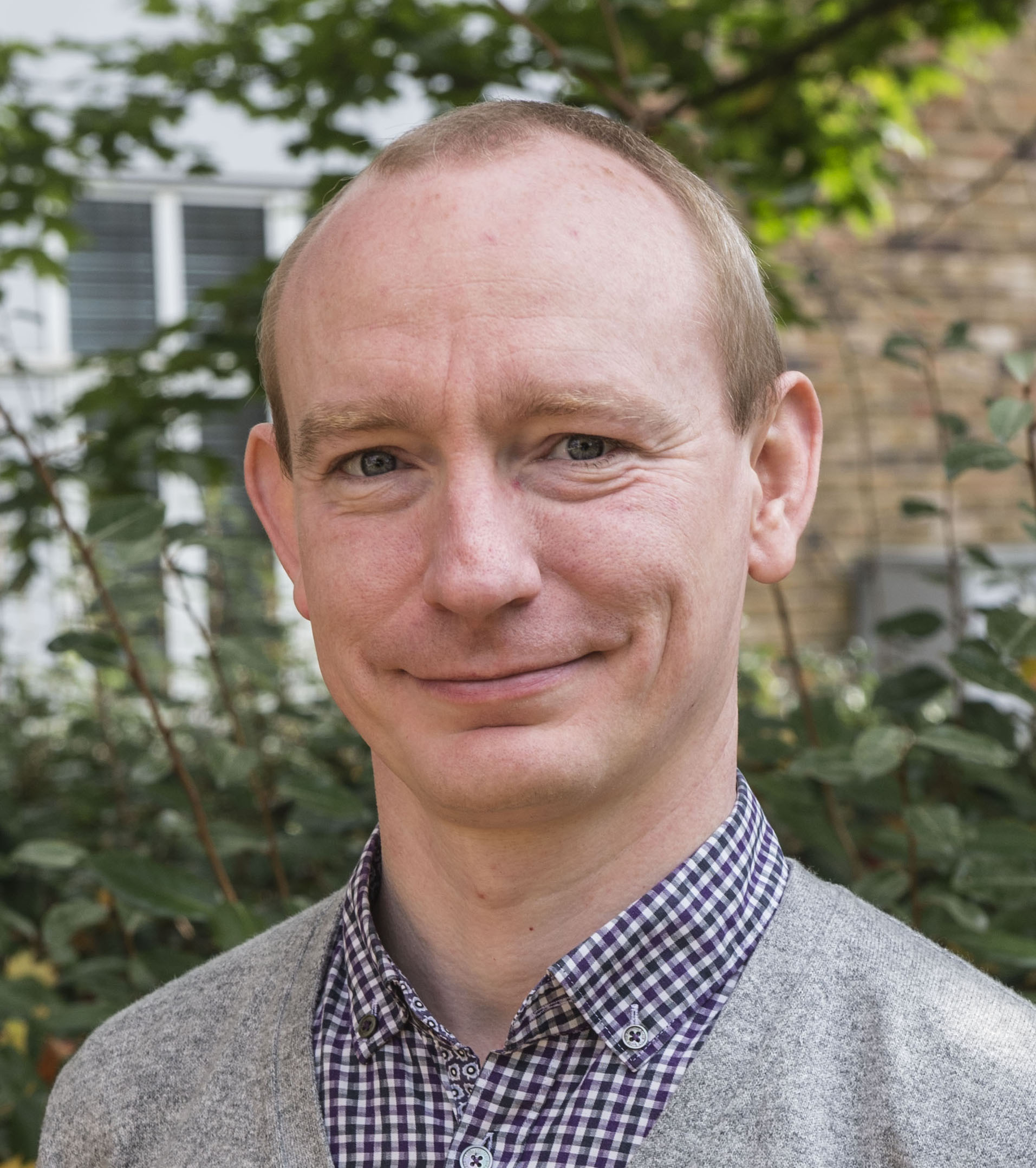
Dr Jacob Malone is a Group Leader at the John Innes Centre in Norwich and a joint faculty member with the University of East Anglia. The Malone lab uses environmental and molecular microbiology alongside biochemistry and systems biology techniques to characterise bacterial signalling pathways that control plant colonisation by Pseudomonas spp. In parallel, they conduct extensive research into the wider relationship between rhizobacteria and plants, including several longstanding collaborative projects on microbial variation and natural product production in agricultural environments. Malone will conduct the crop-associated SynCom production and testing in Task 4 of the project.
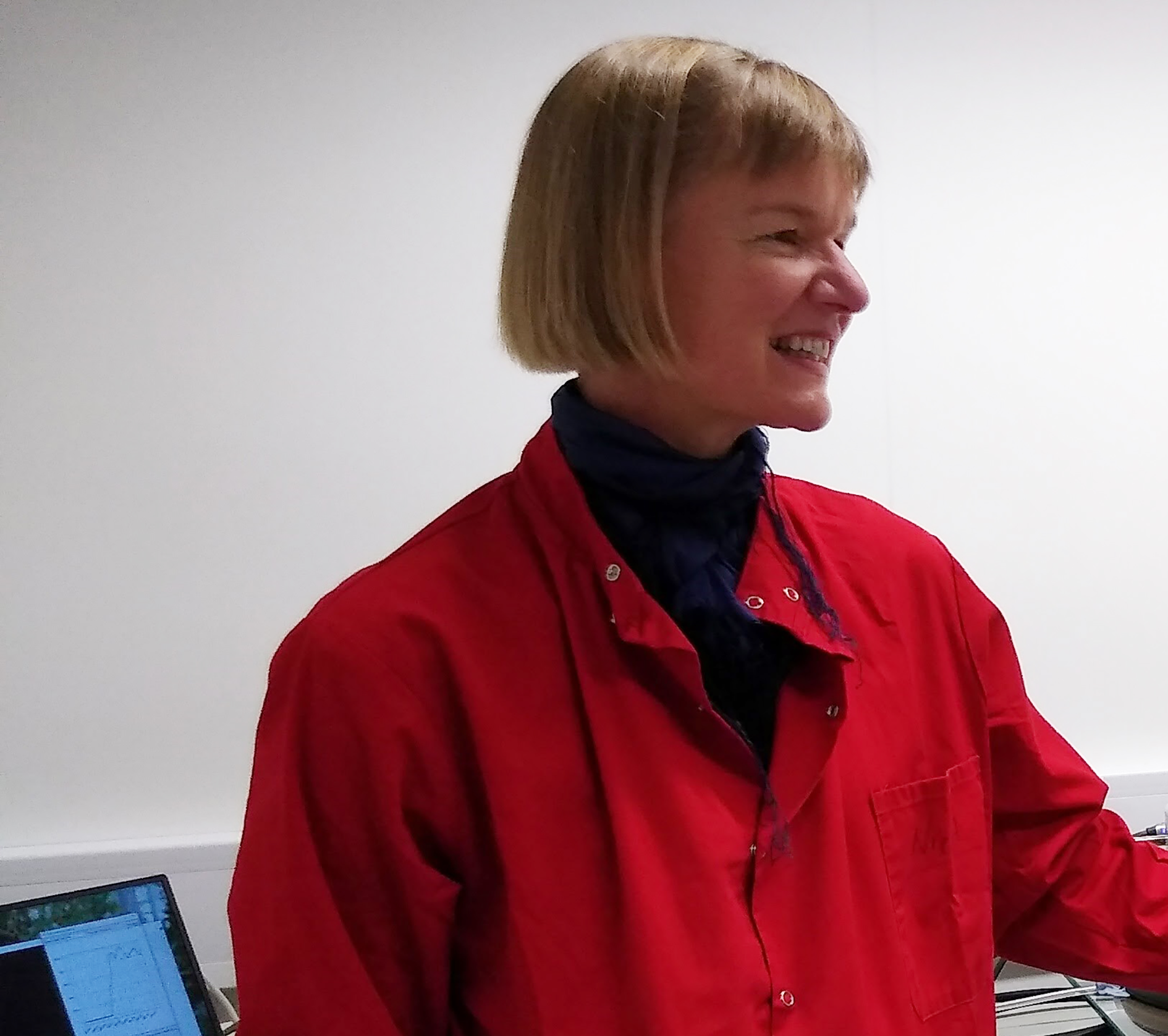
Prof Nicola Holden is a professor in food safety at Scotland's Rural College (SRUC). Prof Holden leads the Safe and Improved Food research centre at SRUC, and carries out research on plant-microbe interactions in relation to food and agricultural production. Nicola’s background is in molecular bacteriology, in particular the adaptive processes by which bacteria adapt to different hosts and habitats. Nicola leads Task 2 in the Cryobank Microbiome project, contributing to the microbiome sequence information. https://pure.sruc.ac.uk/en/persons/nicola-holden

Dr Ian Clark is a key part of the Rothamsted Research team. He is a molecular microbiologist investigating the roles and interactions of soil microbial communities within agricultural systems, their effect on soil and crop health, yield decline and nutrient cycling. He has particular interests in the regulation of denitrification and nitrification within agricultural systems and the resilience of Ecosystem Services under perturbation and land use change. Ian has a wide range of expertise including setting up and running field trials; culturable and non-culturable techniques for examining bacteria, archaea, fungi and mesofauna; and extensive use of molecular methodologies. He is also experienced in environmental metagenomics, metatranscriptomics, NGS amplicon sequencing, qPCR and RT-qPCR to examine the diversity, abundance and activity of soil microorganisms involved in biogeochemical nutrient cycling.
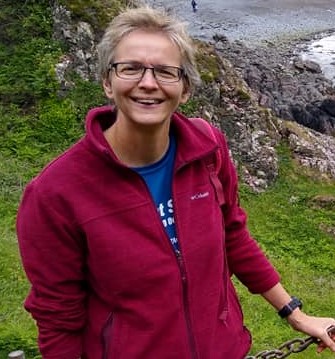
Dr Sue Jones is Bioinformatics Group Leader at the James Hutton Institute. The group has diverse expertise in bioinformatics and research computing for agricultural and environmental science. Her current research interests are in bioinformatics related to environmental microbiomes and next generation sequencing (NGS). Dr Jones collaborates on multiple projects including soil microbiomes; foliar microbiomes from native trees; RNA-sequence analysis of crops and bacterial pathogens. Dr Jones will provide bioinformatics expertise and co-supervise the PDRA working on the computational analysis of the amplicon and metagenomics sequence data for Task 2.
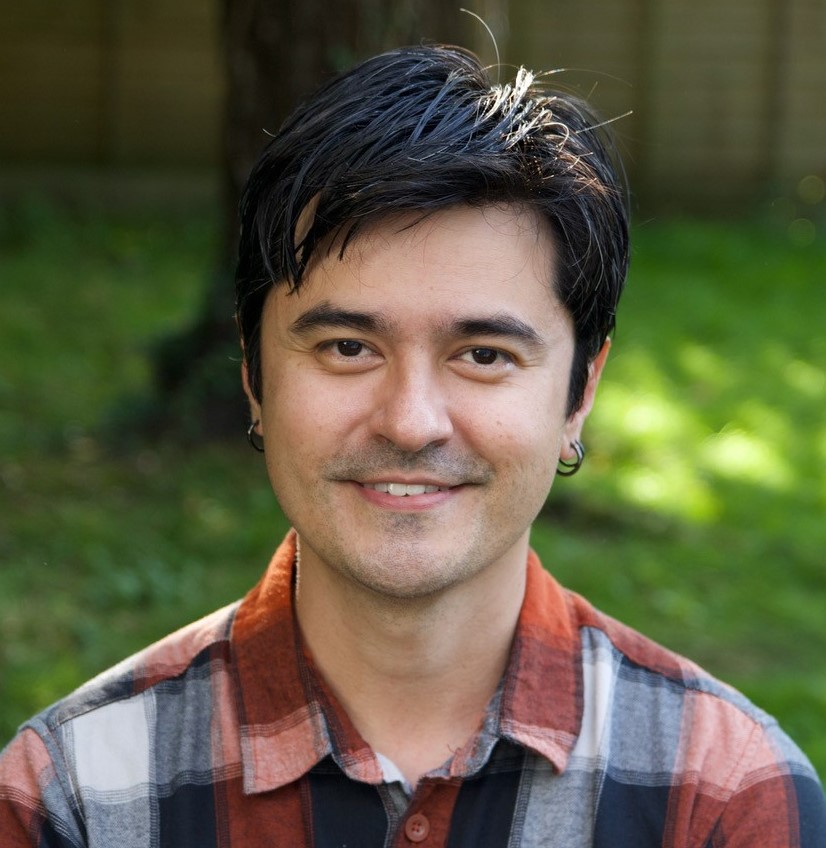
Dr Rodrigo Taketani is a postdoc microbiologist at Rothamsted Research with an emphasis on microbial ecology. He has spent most of his career studying how the changing environment affects microbial communities and how it relates to modifications in their functions in the ecosystem. He has applied various traditional, molecular and bioinformatics tools to study the relations between microbes and their environment. Rodrigo will participate in the isolation and selection of the micro-organisms that will comprise the UK Crop Microbiome.
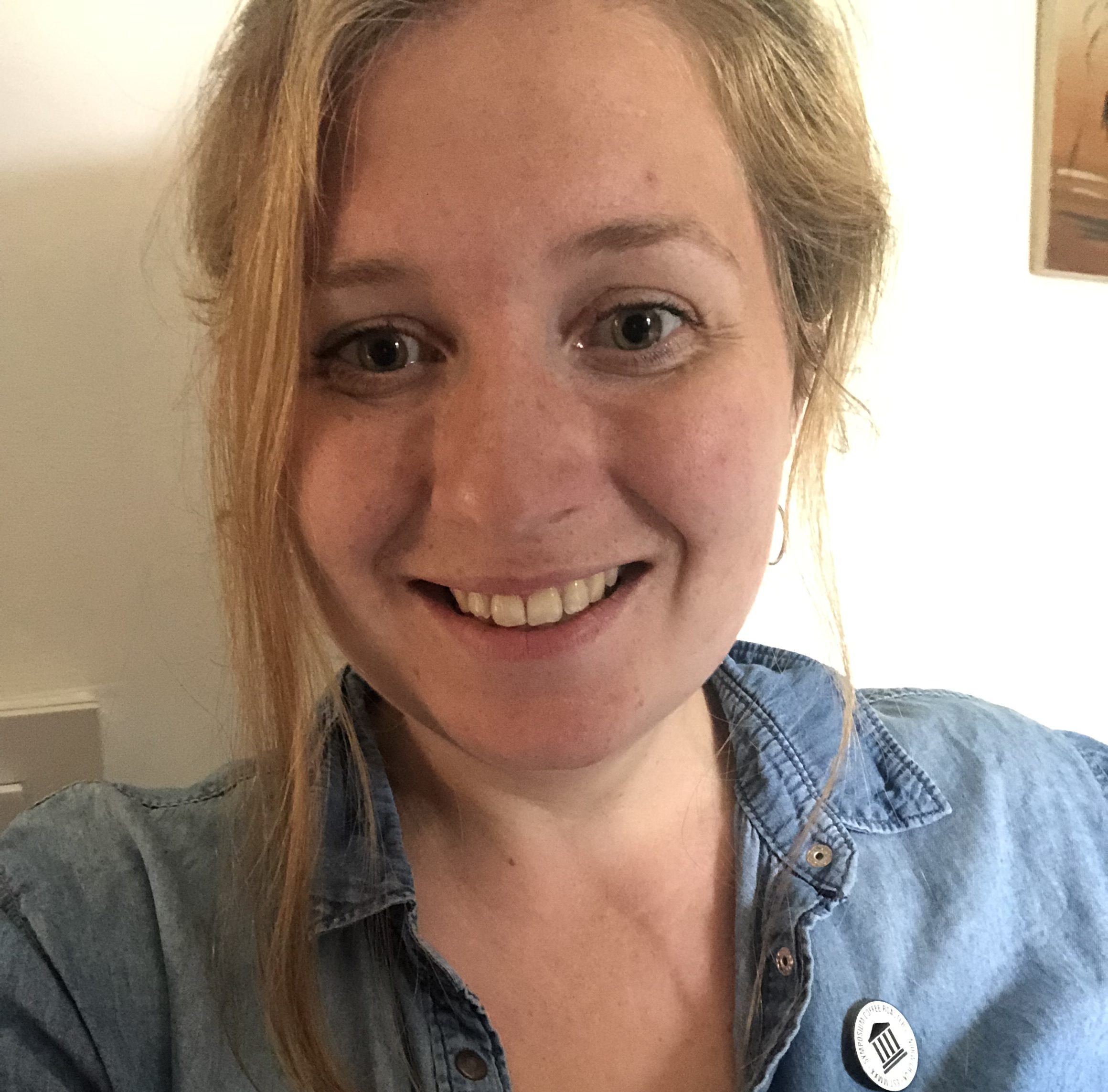
Dr Catriona Thompson is a postdoctoral researcher at the John Innes Centre. She is responsible for the end-point testing and validation of the resource, using the CryoBank isolates to investigate plant growth promoting traits and development of synthetic communities. Her research primarily focuses on plant-microbe interactions and the ways in which microbial communities assemble within the rhizosphere.

J. Miguel Bonnin is a PhD student at Imperial College London and a postgraduate research assistant with four years at CABI, he is skilled in next-generation sequencing library preperation and has a keen interest in metabarcoding analysis. Holding a BSc in Biochemistry from Royal Holloway, University of London, he contributes to Task 3 at The UK Crop Microbiome CryoBank project, focusing on cryopreservation and sample curation.
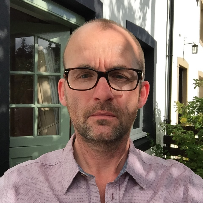
Dr Pete Hedley is Core Technologies Group Leader at the James Hutton Institute. This includes imaging and crop transformation, as well as the development and application of high-throughput sequencing and genotyping technology. Dr Hedley will manage and coordinate the amplicon and metagenomics sequencing for Task 2.

Dr Payton (Tung On) Yau is a postdoctoral researcher in microbiology and bioinformatics at SRUC. He is responsible for the sequence library preparation and bioinformatics analysis for Task 2 of the The UK Crop Microbiome CryoBank project. His background is in biomedical and computer science and he has carried out a wide range of wet and dry lab-based research activities. He previously worked on cancers, infectious and digestive diseases, concentrated on epigenetics, microbial diagnostic, gut-host interactions and meta-analysis.
